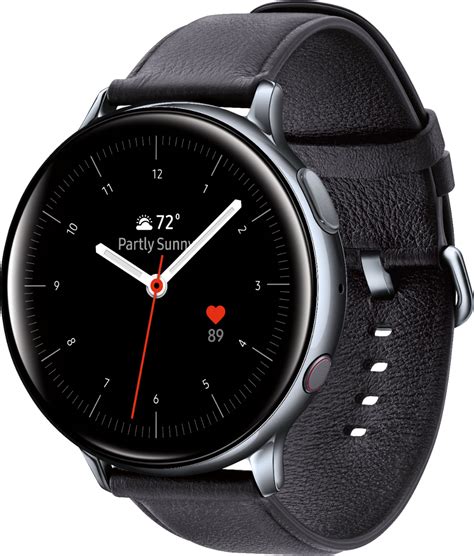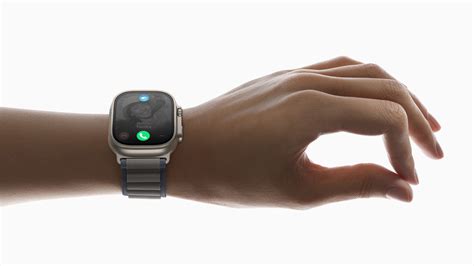What’s your ideal water resistance rating for a watch you’d wear daily, even if not swimming?

Beyond the Swim: Why Daily Watch Water Resistance Matters
It’s a common misconception that water resistance ratings on watches only matter if you plan to go swimming or diving. In reality, for a watch you wear daily, water resistance is a key factor for durability and peace of mind, even if your most adventurous activity is washing the dishes. From unexpected rain showers to accidental spills and hand-washing, your watch is constantly exposed to moisture. But what’s the right level of protection for an everyday timepiece?
Understanding the numbers on your watch dial can be confusing. A 30-meter water resistance rating, for instance, doesn’t mean you can take your watch 30 meters deep. These ratings are based on static laboratory tests, not dynamic real-world conditions. When you move your arm, the pressure exerted on the watch can significantly exceed the static rating.

Decoding the Ratings: What Each Level Means
30 Meters (3 ATM / 3 Bar)
Often labeled as “Water Resistant,” this is the most basic level. It means the watch can withstand minor splashes, like light rain or washing your hands, but should be removed before showering, swimming, or even prolonged exposure to moisture. It offers minimal protection.
50 Meters (5 ATM / 5 Bar)
This is a more practical starting point for daily wear. A 50m watch can handle more significant splashes, showering (though not recommended due to temperature changes and soap), and brief, accidental submersions. While not suitable for swimming laps, it offers better protection against the unpredictable elements of daily life.
100 Meters (10 ATM / 10 Bar)
This is often considered the sweet spot for an everyday watch. A 100m rating means the watch is generally suitable for swimming and snorkeling. For someone not actively swimming, it provides excellent protection against anything daily life can throw at it: showering, heavy rain, washing the car, or accidental drops into water. This level offers true peace of mind without needing to baby your watch.

200 Meters (20 ATM / 20 Bar) and Beyond
Watches with a 200m rating are typically designed for recreational diving. While certainly overkill for daily wear if you’re not diving, it provides an exceptional level of durability and resilience. Dive watches (often ISO 6425 certified) come with even higher ratings and specific testing standards, making them incredibly robust. If ruggedness and absolute impermeability are your top priorities, a 200m watch delivers.

The Ideal Balance: Comfort and Confidence
For most people, a watch with 100 meters (10 ATM) of water resistance strikes the perfect balance. It’s robust enough to handle virtually any everyday scenario without worry, allowing you to wear it confidently whether you’re caught in a downpour, doing chores, or even enjoying an impromptu dip in shallow water. It offers the kind of functional reliability that truly makes a watch a daily companion rather than a delicate accessory.
While 50m can suffice if you’re very careful, the jump to 100m significantly reduces the need for caution. It’s about freedom – the freedom not to constantly worry about your watch’s exposure to water. Remember, water resistance is not permanent; gaskets can degrade over time, so consider having your watch’s water resistance checked every few years, especially if it’s regularly exposed to water.

Conclusion: Invest in Peace of Mind
Even if you’re not a swimmer, selecting a watch with adequate water resistance is a smart investment in its longevity and your peace of mind. For an ideal daily wearer, aim for 100m. This rating provides a robust shield against the unpredictable splashes and moisture of everyday life, ensuring your timepiece remains functional and pristine for years to come. It’s a small detail that makes a big difference in how you interact with your beloved gear.







